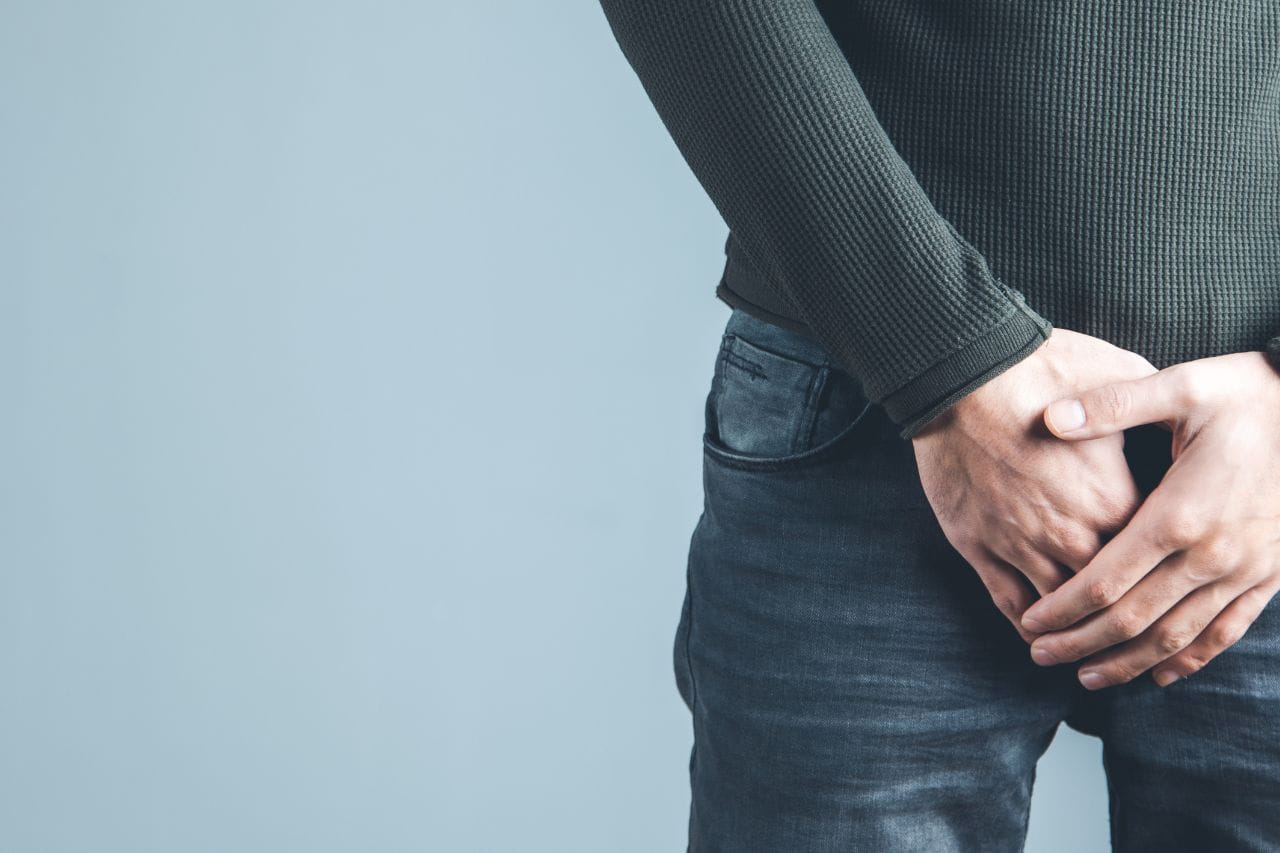Types of Urinary Incontinence

Urinary incontinence is a common problem in which you lose control of your bladder and experience urine leakage. It may be a small leak, or your bladder may release a large amount of urine, and leaks can occur occasionally or more frequently.
Whatever urinary incontinence looks like for you, it can be an inconvenient and embarrassing problem.
There are six main types of urinary incontinence:
- Stress incontinence. This is when urine leaks because you put pressure on your bladder by laughing, sneezing, exercising, lifting something heavy, etc.
- Urge incontinence. With this type of incontinence, you experience a sudden, intense need to urinate followed by an uncontrollable loss of urine. You may have this need often, including during the night. Urge incontinence can be caused by something minor like an infection (temporary or transient incontinence) or a more serious condition like diabetes or a neurological disorder.
- Overflow incontinence. You have frequent urine loss or a continual dribble due to an inability to empty your bladder fully.
- Functional incontinence. You struggle to get to the toilet and prepare to urinate in time due to some type of physical limitation.
- Mixed incontinence. Some people experience multiple types of incontinence, most commonly stress and urge incontinence.
- Bedwetting. This is more common in children but can also affect adults.
Who Has the Highest Risk of Incontinence?
Anyone can experience incontinence, but it’s most common in:
- Women who’ve gone through pregnancy and childbirth, which can adversely affect the pelvic floor
- Women who’ve experienced menopause
- Men who have conditions affecting the prostate
- People with congenital issues affecting the urinary tract
- People with health problems like obesity, diabetes, or persistent constipation
- Smokers
- Male children, especially those whose parents wet the bed as kids
How Do Doctors Diagnose Urinary Incontinence?
Doctors use several exams and tests to diagnose urinary incontinence and determine its cause. They include:
- Getting a detailed medical history, including information on when and to what degree you experience urine leakage
- Physical exams, including a rectal exam and a pelvic exam in women
- Diagnostic imaging
- Bladder function test
- Urine and blood tests
Using this information, your doctor can determine the best approach for addressing your urinary incontinence.
How Is Urinary Incontinence Treated?
The good news is that there are several ways to manage urinary incontinence. Your doctor may prescribe one or more of these approaches:
- Pelvic muscle exercises. Called Kegels, these exercises help strengthen your pelvic floor muscles, which are essential in bladder control.
- Lifestyle modifications. Taking steps like maintaining a healthy weight, not smoking, being physically active, addressing constipation if it occurs, and drinking the right amounts of fluids at the right time can help minimize urine leakage.
- Bladder training. This process involves your doctor developing a bathroom schedule for you based on your incontinence history and then gradually increasing the time between bathroom trips to train your bladder.
- Medication. Different types of drugs can help with incontinence by preventing bladder spasms, blocking certain nerve signals, or shrinking the prostate in men.
- Injections. A doctor can inject a so-called bulking agent into specific tissues to thicken them, enabling more complete sealing of the bladder.
- Devices. Medical devices called catheters can help drain the bladder more completely as needed. There is also a device that a woman can insert in her vagina that pushes against the urethra to help minimize leaks.
- Electrical stimulation. Stimulating specific nerves can modify bladder reflexes to reduce incontinence.
- Surgery. A surgeon can insert a sling that keeps the bladder in its proper position and reduces leakage.
Get Help with Urinary Incontinence From Baptist Health
Baptist Health urologists have extensive expertise in diagnosing and treating urinary incontinence. Learn about our urology care services.



